Bankrate's Latest News
Get the latest financial news, original data reporting and expert analysis of personal finance trends and hot topics from our award-winning editorial team.

Financial News Topics

HELOC and home equity rates have dropped to levels not seen in three years.

Mortgage rates rose this week, but they’re still near lows not seen in three years.

A majority (81%) of Americans did not increase their emergency savings this year

Bankrate analysts and others weigh in on what to expect for mortgage rates in February.

The Federal Reserve’s decisions have ripple effects, including for mortgages.

If you’re looking at HE loans or have a variable-rate line of credit, pay attention to the Fed.

Auto rates will likely not decrease this year. Consider how to still save.

Many Americans keep financial secrets like hidden expenses or debt.

A majority (81%) of Americans did not increase their emergency savings this year

The big question: How long will the Fed be on hold?

Bankrate analyzed the Fed’s historic rate moves for clues on what might come next.
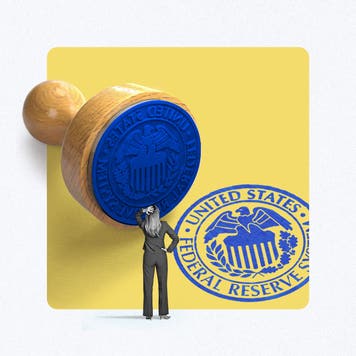
Every financial decision you make is impacted by the Federal Reserve.
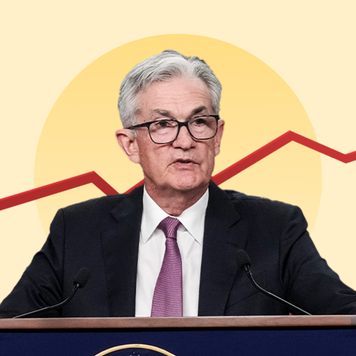
A complicated U.S. economy. Stubborn inflation and a jobless boom. Unprecedented conflict with the president. Personnel changes, and a new Fed chair. Federal Reserve officials are no stranger to difficult [...]

The U.S. may dodge a recession, but experts aren’t denying it: Something feels off.
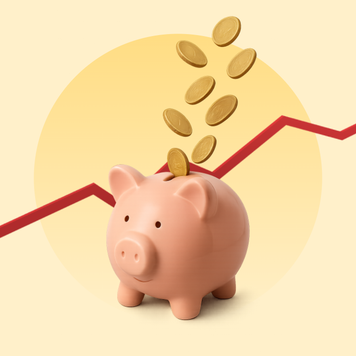
Expect yields to continue trending downward in 2026.
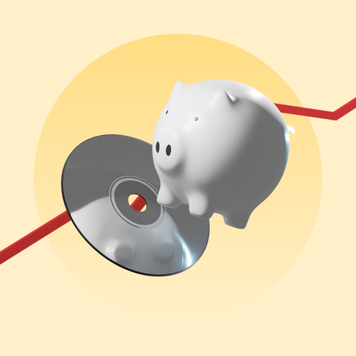
You can find a CD account that significantly out-earns the national average if you shop around among banks.

Mortgage rates rose this week, but they’re still near lows not seen in three years.

Bankrate analysts and others weigh in on what to expect for mortgage rates in February.

The Federal Reserve’s decisions have ripple effects, including for mortgages.

Despite the Fed holding steady, mortgage rates dropped this week.

After a brief dip, mortgage rates ticked back up this week.

Mortgage rates dipped this week to their lowest level in three years.

Mortgage rates dipped this week to their lowest level in more than a year.

Mortgage rates held steady following the final Fed cut of the year.

View current credit card rates based on Bankrate.com’s weekly national survey of large banks and thrifts.

Here’s how to get more out of your credit card while traveling.

Your credit card might not work in a foreign country. Here are some tips when traveling.

A credit card can be a good financial tool. When should you get one?

Regardless of the amount, spending beyond your credit limit is generally a bad idea.

Those who apply for a Southwest card for a limited time can earn a Companion Pass by meeting the welcome bonus requirement.

American credit card balances rose to $1.13 trillion in the last quarter of 2023
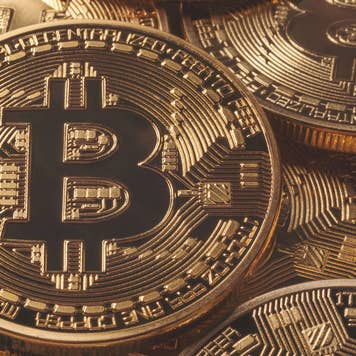
Learn more about the card’s fees, features and more.

Auto rates will likely not decrease this year. Consider how to still save.

The Federal Reserve held rates steady at its January 2026 meeting.

The Fed’s rate hold means loans costs are sticking. Here’s what it means for your business.
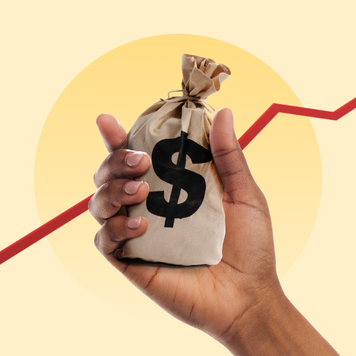
In 2025, rates remain high amid economic uncertainty.

Access to credit is tightening — here’s what it means for you.
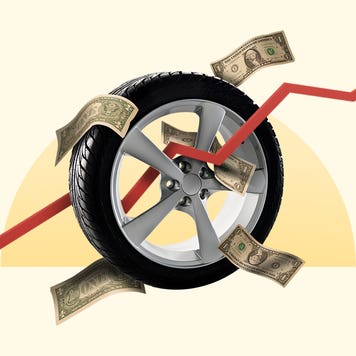
Here’s what’s driving the rise in missed payments and what this says about the financial health of U.S. consumers and the road ahead for the economy.

Since you likely didn’t have a federal student loan payment due for about five years, it’s understandable that your on-ramp to repayment might not have been a straight shot. You’d even be forgiven [...]

These college towns offer the most value for your education budget.

A teen driver could add thousands to your annual car insurance bill, and a little-known industry quirk could push it even higher.

Let’s break down three myths I see come up frequently in my day-to-day as an adjuster.
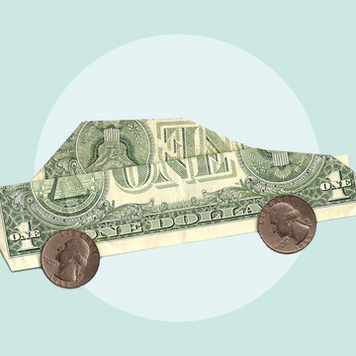
Insurance is the priciest hidden cost of car ownership.

Home insurance takes center stage in real estate deals.

Extreme weather puts more than a quarter of all U.S. homes at risk.

Experts say that 2024 saw record insurance shopping, even among loyal customers.

Could you be overpaying for insurance? Maybe! Here’s what to do about it.

Could you pay your deductible if you had an insurance claim?
The trusted provider of accurate rates and financial information